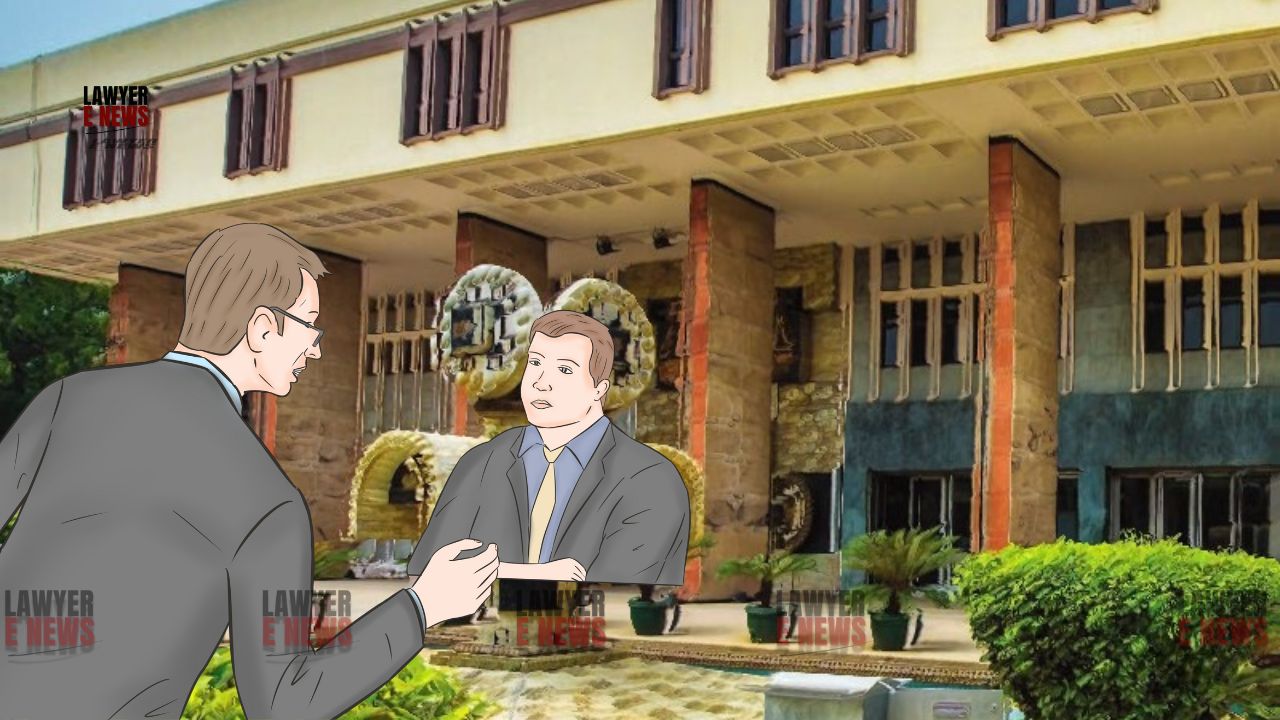-
by Admin
15 February 2026 5:01 PM



Delhi High Court allowed a petition under Section 311 of the Code of Criminal Procedure (CrPC), granting the accused a final opportunity to cross-examine the prosecutrix in a sexual assault case. Justice Amit Mahajan, presiding over the case, set aside the previous order of the Additional Sessions Judge (ASJ) that had closed the cross-examination, stressing the importance of a fair trial and the need to prevent any miscarriage of justice.
The case involves allegations of rape and sexual assault by the petitioner, Tkreeb, against the prosecutrix, who was a minor at the time of the incident. The prosecutrix was initially examined on July 22, 2022, and subsequently cross-examined on January 10, 2023, where she denied the occurrence of the alleged incident. The prosecution then sought to re-examine her, and this was carried out on March 2, 2023. However, the cross-examination was closed on the same day without further questioning due to a request for adjournment being denied.
Justice Amit Mahajan underscored the principle that the right to cross-examine is crucial for the defense and is a fundamental aspect of ensuring a fair trial. The court highlighted that the prosecutrix's testimony is central to the case, and the failure to allow cross-examination could lead to an unjust outcome. The court noted that the counsel for the petitioner had requested an adjournment on March 2, 2023, due to personal reasons, which was denied, leading to the closure of cross-examination. The court found this to be an insufficient ground for denying the petitioner a final opportunity to cross-examine the key witness.
The court referred to the principles established by the Supreme Court in Rajaram Prasad Yadav v. State of Bihar and other relevant judgments, which stress that the power under Section 311 CrPC is broad and should be exercised to ensure a just decision. The court emphasized that this power should be used judiciously and not arbitrarily, particularly in cases where the evidence of the witness is crucial for a fair adjudication. In this case, the court found that denying the petitioner another chance to cross-examine the prosecutrix would be contrary to the interests of justice.
While granting the petition, the court also recognized the rights of the prosecutrix under the Protection of Children from Sexual Offences (POCSO) Act, 2012. Justice Mahajan directed that the cross-examination be conducted on a single date to avoid unnecessary harassment or trauma to the prosecutrix. The court made it clear that no further adjournments would be permitted, ensuring that the process is handled with care and sensitivity.
Justice Amit Mahajan remarked, "It is better to err on the side of caution and afford the accused an opportunity to ensure a fair trial, rather than foreclose the possibility of eliciting truth through cross-examination."
Conclusion: The Delhi High Court’s decision to allow a final opportunity for cross-examination reflects the judiciary's commitment to upholding the principles of a fair trial while balancing the rights of the victim in sensitive cases under the POCSO Act. The ruling is expected to impact how courts handle similar applications under Section 311 CrPC, emphasizing the importance of careful judicial discretion to prevent any potential miscarriage of justice.
Date of Decision: August 21, 2024.
Tkreeb v. State of NCT of Delhi
